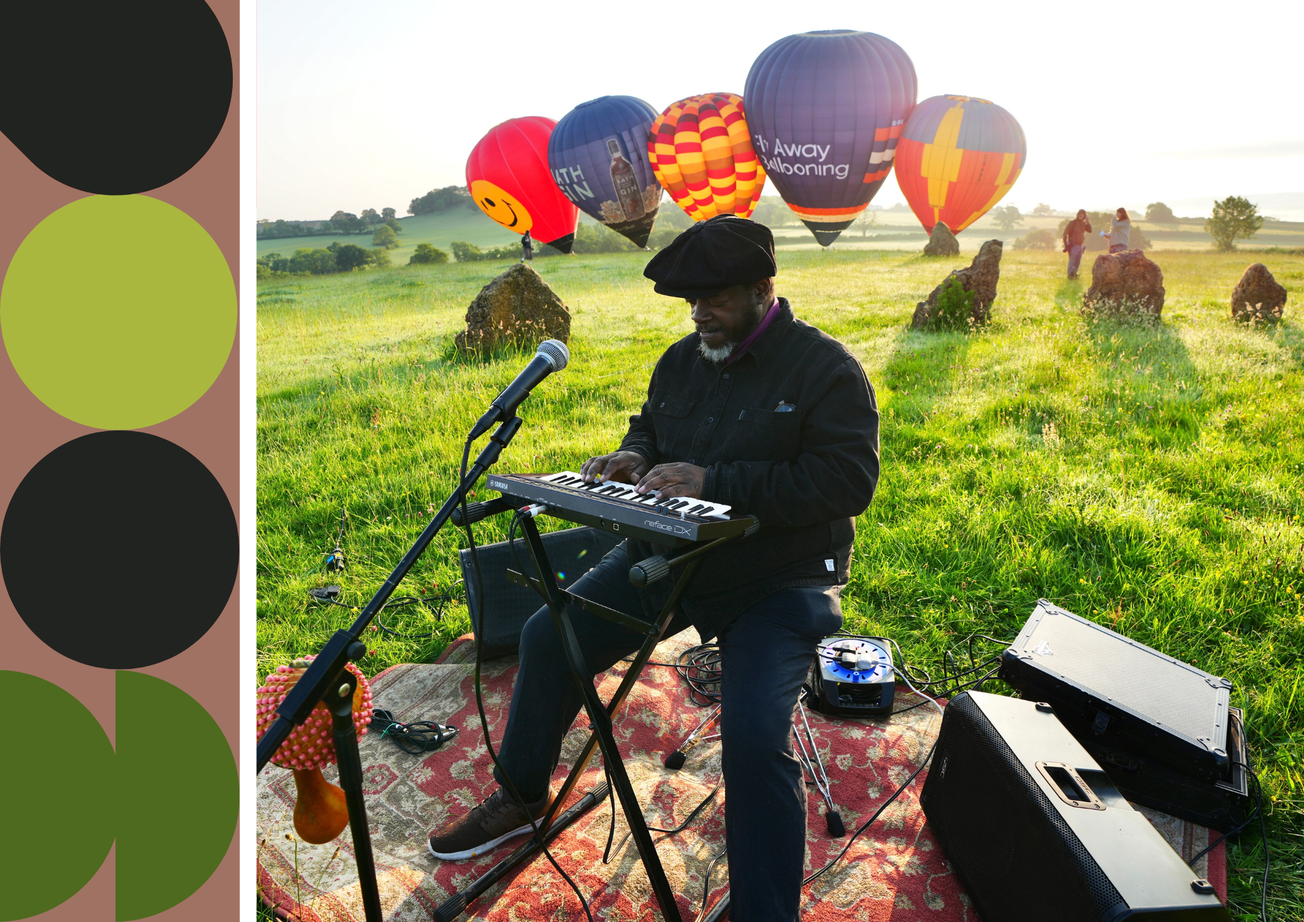By Katherine Grigg, Third Year Medicine
I’m a third year medical student at Bristol University who was able to interview the Health Secretary, Matt Hancock, over Zoom, during the midst of a pandemic. The Health Secretary managed to give me 20 minutes of his time in between finishing his red box and putting his children to bed.
Several wards at Southmead Hospital in Bristol where I’m on placement as a medical student have been converted into COVID wards. What health consequences do you think will come from the prioritisation of treating COVID versus other illnesses?
Well, I think it's a central and incredibly important question for the NHS. We know in the first peak when we didn't know as much about the disease, that there was a huge backlog of untreated patients. We are having to work our way through those.
I just hope that second time round, we have much better knowledge of how to keep the NHS going for all the other patients who rely on it, whilst also obviously tackling the challenges that COVID directly throws up.
I'm really proud of the fact the NHS has kept, for instance, reducing the cancer backlog even during this second peak and protected cancer services. In fact, in September - I was looking at the national figures last week - nationally the amount of cancer diagnostics was slightly higher than September the previous year. That's because of the catch-up and we've got to keep those services running.
Thank you to everyone playing their part in our national effort to defeat #coronavirus
— Matt Hancock (@MattHancock) November 22, 2020
Our collective effort is suppressing the virus, but it's vital we continue to follow the rules to protect our NHS & save lives.
𝐖𝐞 𝐰𝐢𝐥𝐥 𝐠𝐞𝐭 𝐭𝐡𝐫𝐨𝐮𝐠𝐡 𝐭𝐡𝐢𝐬, 𝐭𝐨𝐠𝐞𝐭𝐡𝐞𝐫. pic.twitter.com/QgSQ9ZuUKR
Now there's two ways to do that. One is to reduce the amount of COVID in the wider population, hence the national lockdown. The second is just for us to really think hard and creatively about how we make sure we can get services to people who need them.
I think the public understands it better second time round as well (I don't mean to blame the public - far from it) but we've been able to successfully get out the message that the NHS is there for you, so we haven't seen the fall off in the number of people coming forward.
I was worried about two consequences – firstly people who did come forward or were on a waiting list but couldn't get treated because treatments were cancelled. But then there's also the people who didn't come forward but have got health problems.
This will lead to a greater burden in the future, sometimes with much worse disease - such as with late presentation of cancer or mental illness. With mental ill health, we've seen some people coming forward who didn't come forward during the first peak who end up with a much more serious illness as a result.
I've definitely seen some of those patients - late presentations due to the first lockdown. What difficult decisions have you had to make in the past nine months?
Many of the decisions have been choosing between unpalatable options. There are very significant consequences of the decisions for people.
There’s all the decisions which might not have been on the national front pages but are really heart rendering. For example, the decision on how to support grieving families who want to see their loved ones and want to go to the funeral when they might themselves be COVID positive. That is really upsetting.
It's a bit like the live question at the moment of care home visiting. Care home visiting is really difficult because you don't want to put the people living in care homes at risk but at the same time you know that the visiting is a lifeline for them.
Indeed, I've been shocked myself about the lack of visitors in lockdown. Before lockdown visitors would really make a patient’s day.
Yeah, it can. Then we had the problem in maternity, where partners were not allowed to go to a birth. That is a really big thing to miss. Thankfully, I hope that now with widespread availability of testing we can ease some of these terrible trade-offs.
So where it's a straight trade-off between, for instance, the risk of visitors versus the need for people to see others and their loved ones, the best thing to do is to reject the trade off and try to find a way through. In this case the wider availability of testing will hopefully mean we have a far better regime.
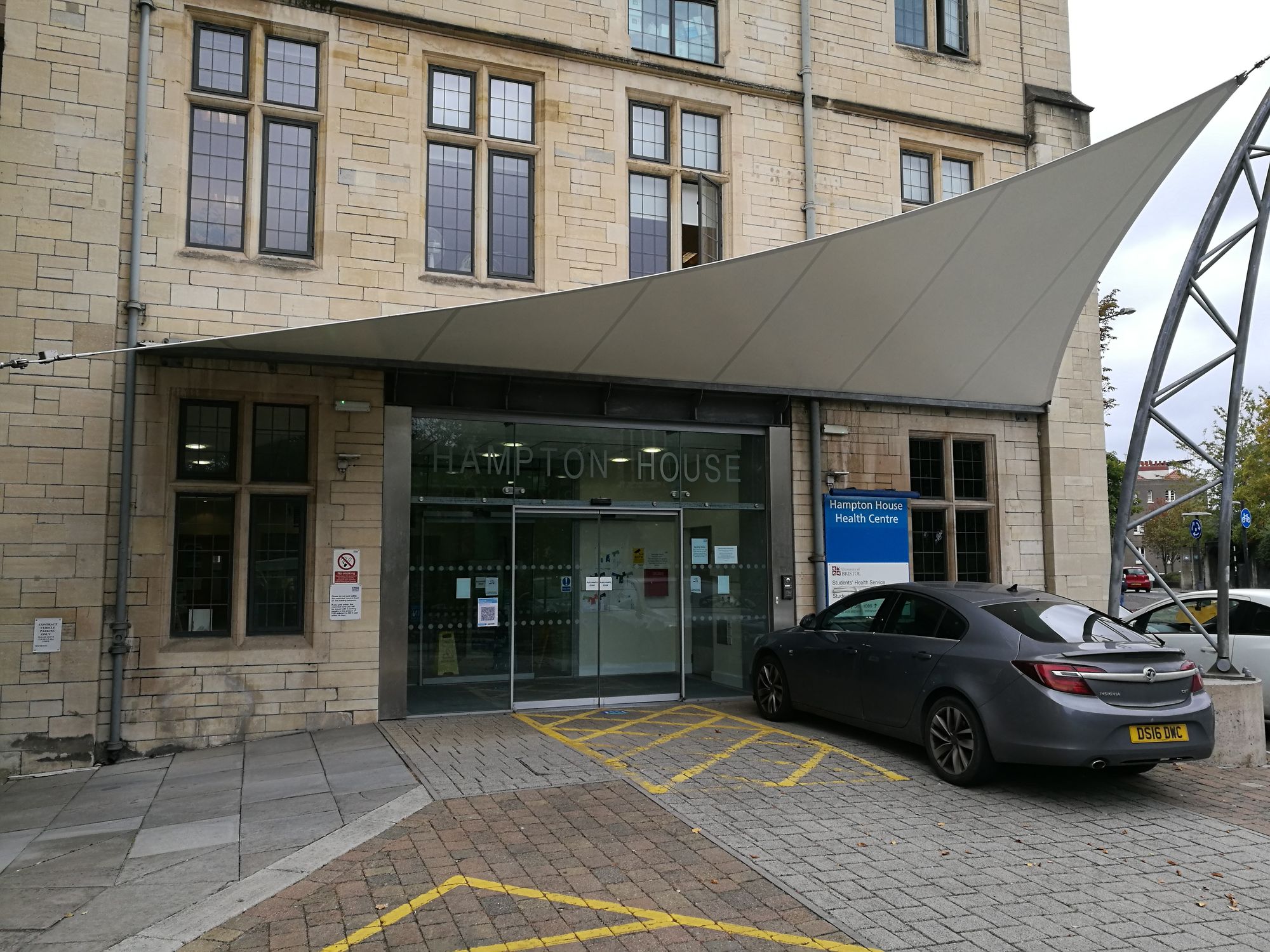
What do you think the mental health impact will be from making students isolate in halls of residence?
I know, it's terrible. This is another example a bit like visiting in care homes that I really worry about.
I talked quite a lot to the Royal College of Psychiatrists before the 2nd lockdown about the mental health consequences of lockdown. Their view was that there are both mental health consequences of lockdown and COVID getting out of control.
Long COVID is a serious condition and it has mental health consequences for some. If you don't lockdown then you can end up having worse lockdowns later. It is something I worry about.
I'm really keen to ensure that people get the support they need whether that's through peers or services on the ground, or through IAPT (Improving Access to Psychological Therapies) or other digital services widely available for anxiety and depression.
I'm also really worried about the late presentation of very serious mental ill health which leads to more serious presentations.
I'm sure late and more severe presentation is a consequence of people not being able to get the support they need especially during the first lockdown. It’s another reason to be cautious about going into lockdown.
Do you think medical students and nursing students should have to pay for their degree?
I think that it's fair to ask people to contribute. With nursing and with medicine it's a shared responsibility. The NHS and government fund part of medical and nursing degrees. Taxpayers ultimately pay for a significant portion of it, but so do students. I think that's reasonable.
Medicine is a well-paid career and because almost everybody can get a job afterwards you have got a high degree of confidence that you’ll be able to pay it back.
Jobs in medicine are significantly better paid than the average pay in the country, where the taxes come from. I think this is a fair debate, but I do think it's reasonable that that there's a shared responsibility.
How are you feeling about this second lockdown?
Well I wish it hadn't had to happen. I think everybody feels that. It is too early to see how effective it is being yet, but I'm pretty hopeful that it'll get things under control.
The combination of mass testing and the vaccine looking like it might be on the horizon makes me hopeful. I think everybody needed that good news about the vaccine when it came through.
At Southmead Hospital where I am on placement, people were definitely pleased to hear about it. How do you envision Christmas this year - will families be able to be together?
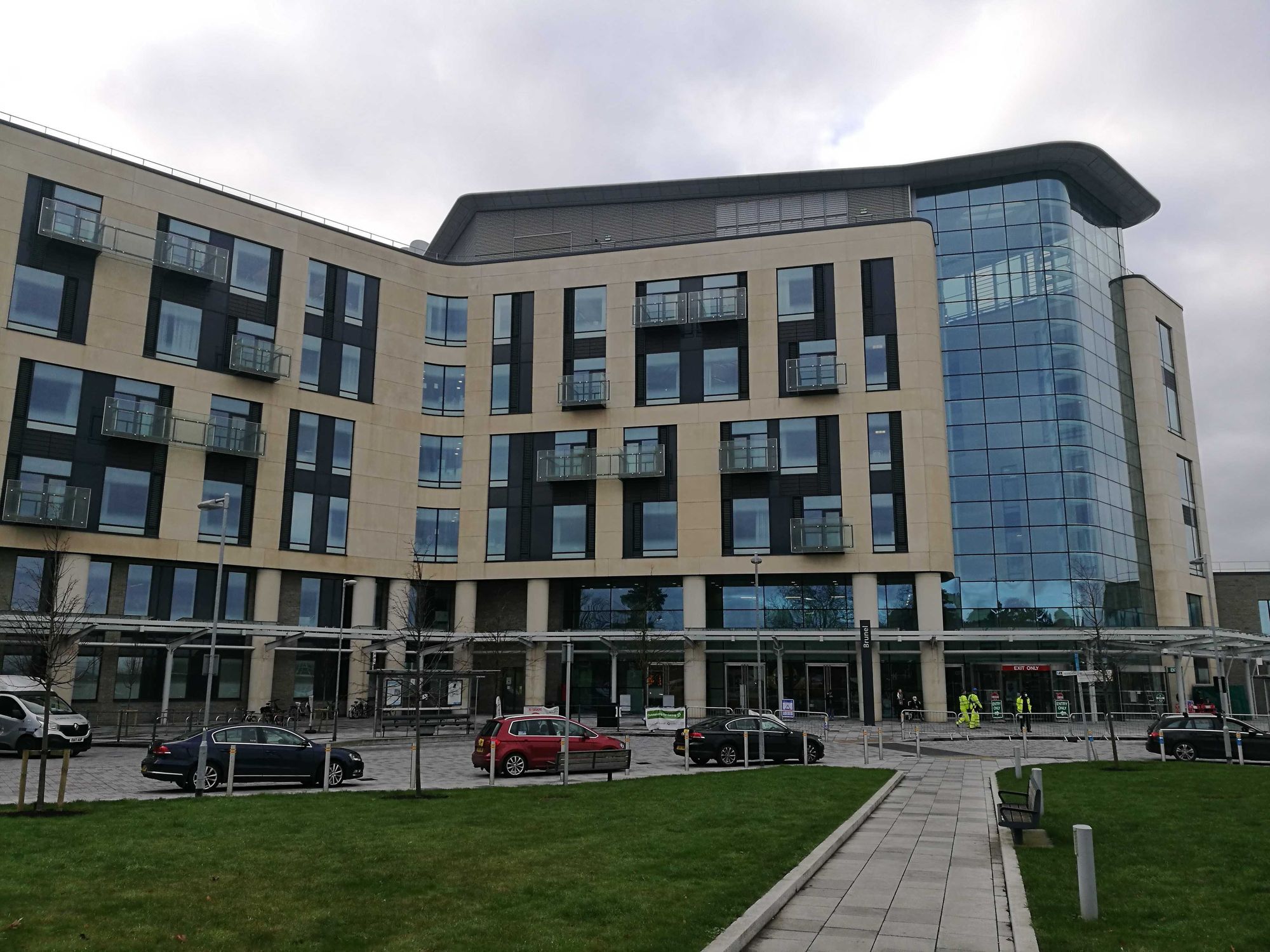
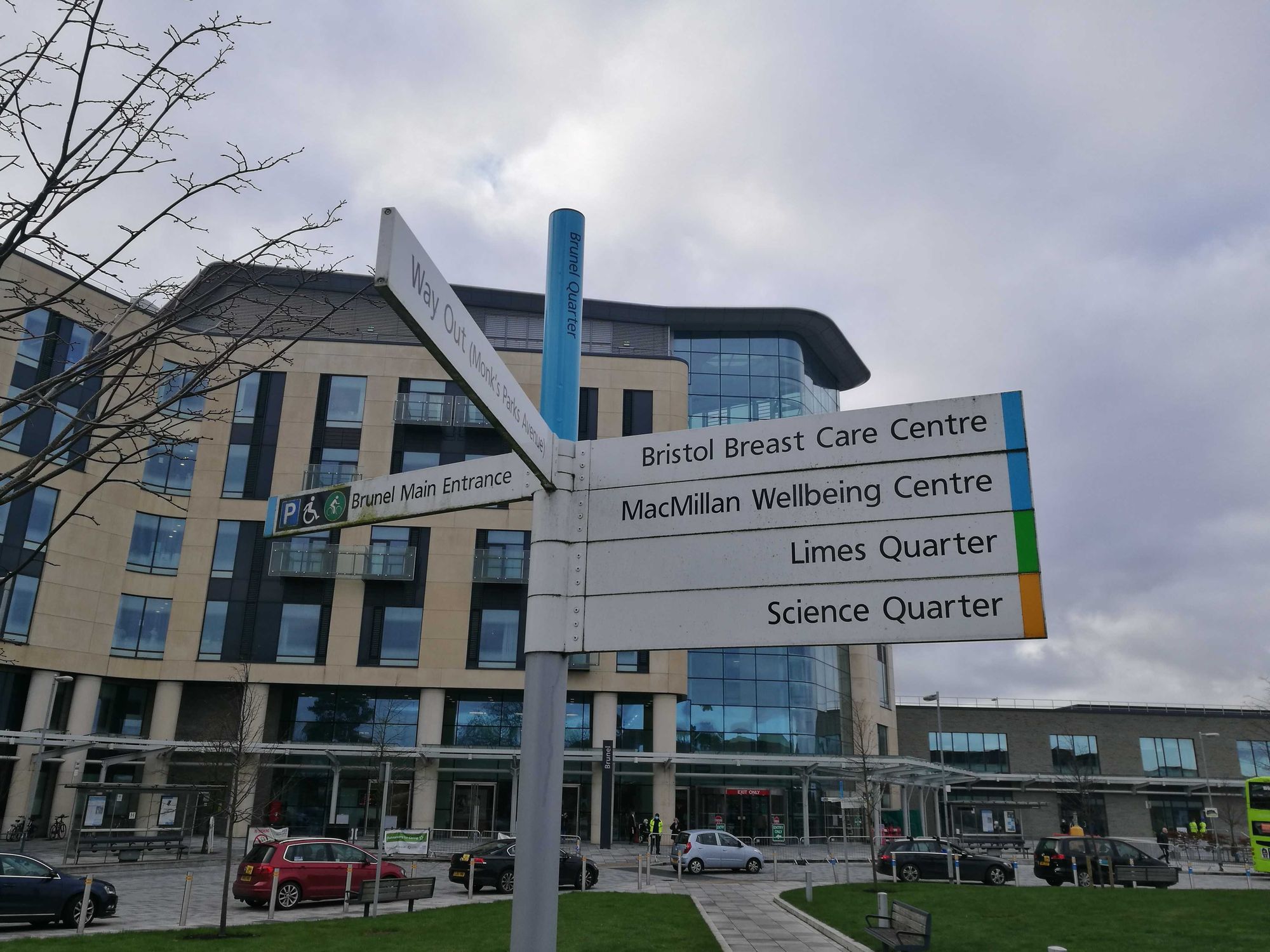
I hope so. I can't say exactly how we're going to do it because we're trying to get an agreed approach across England, Scotland, Wales and Northern Ireland. Those discussions are still going on. I don't want to prejudge them because one of the features of the pandemic has been things being done differently across the four nations.
Lots of people travel across the UK at Christmas and have family in different parts of the UK, so we're trying to come to an agreed approach across all four nations.
I think that would be really good if we can pull it off and I really hope we can then have Christmas as normal as possible. I don’t know if it’ll be fully normal, but I think everybody would really like to see that.
Thank you for your time Secretary of State. I don't know if there's anything else you'd like to add?
There is one thing I would like to say, if I may – I’d like to say thank you. Both to you for having me on, but also to all of the student doctors and junior doctors in and around Bristol. For the commitment you are showing in the work that you're doing.
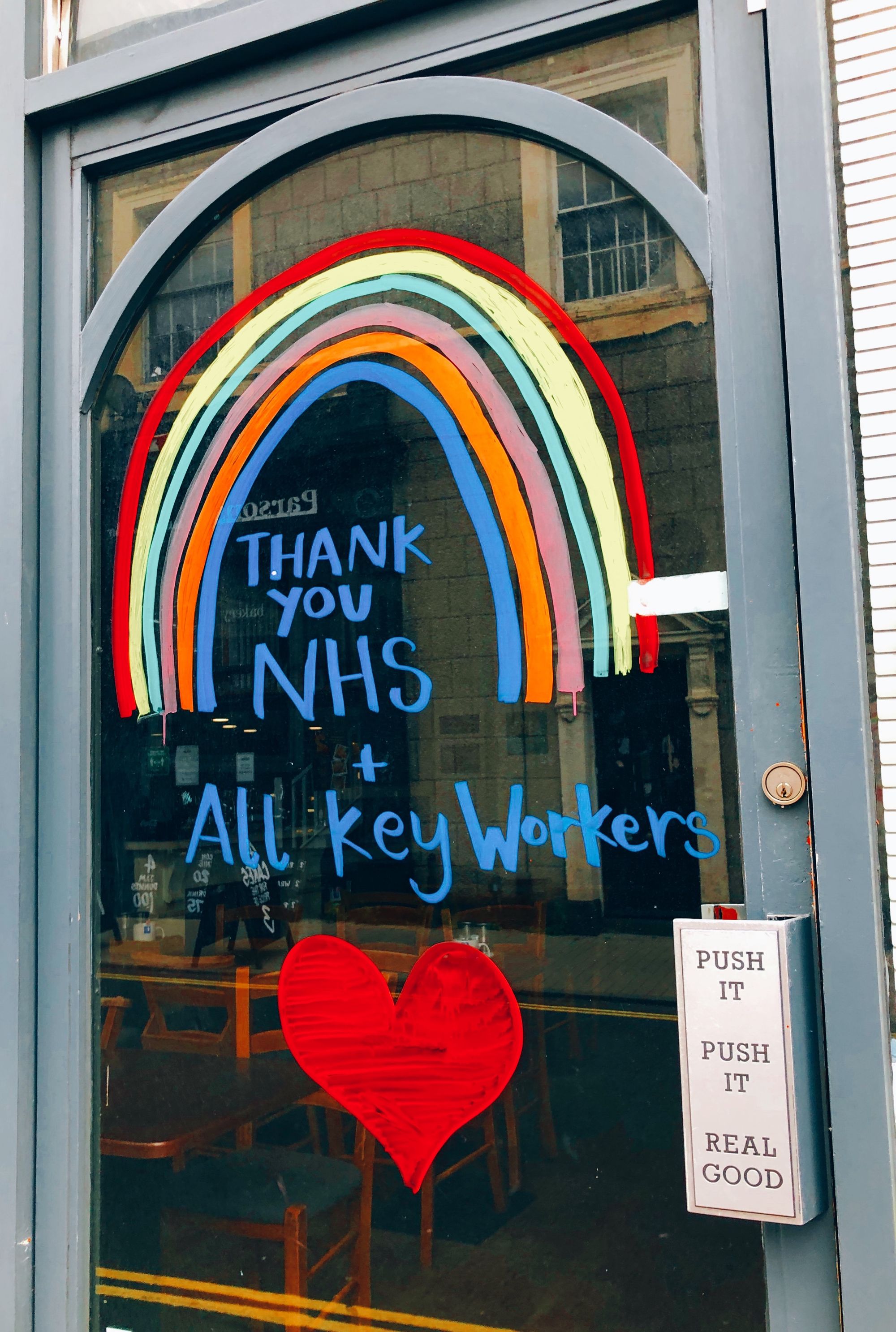
It is not an easy time to be a student doctor in the middle of this pandemic. I hope it's a really interesting time but it's not an easy time and I appreciate it, and the public really appreciates it and it's hugely valued.
Your work is particularly poignant for me because I know Southmead Hospital well. My sister was treated there when she had a very serious head injury and almost died and they saved her life. Your work matters to me, so thank you.
Featured: Katherine Griggs
What do you think about what the Health Secretary had to say? Let us know!








